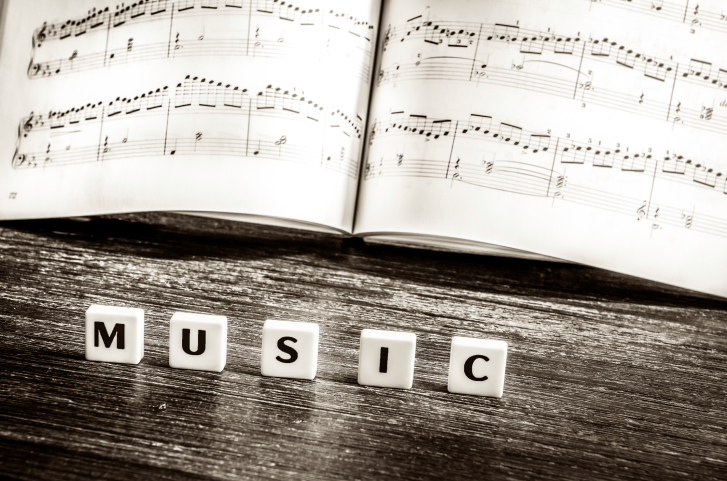
Whether you’re into Beethoven, Bechet or Bowie, the benefits of playing a musical instrument are unending. Although some of these benefits are common knowledge, many are things you might not be aware of, even if you’re already a musician. Here is a list of just some of them:
- It’s enjoyable and fun. Too often this comes at the bottom of someone’s list, but it should really be at the top. If making music wasn’t fun, people wouldn’t choose to put in the kind of hours and dedication they do. So aside from all the other rewards – and there are a lot – the enjoyment alone is a huge payoff.
- Goodbye anxiety. It only makes sense that doing something fun leads to a reduction in stress, and plenty of research has been done to back it up. Playing music has been found to release endorphins, lower blood pressure and decrease the heart rate as well as the “stress chemical” cortisol. In teens, playing music can help with depression, insomnia and attention deficit disorder.
- Improved memory. Just like running or swimming give the body exercise, memorization gives the brain a workout. It’s been proven that playing an instrument improves memory and cognitive skills. In the elderly (and it’s never too late to start) it can help combat diseases such as Alzheimer’s.
- Teaches discipline, patience and responsibility. As with anything that requires a high level of skill, learning to play an instrument doesn’t happen overnight. In order to progress with your instrument, a regular and consistent practice routine is paramount and that takes discipline, the responsibility to take it seriously enough, and patience while waiting for the fruits of your labor to materialize in your playing.
- A sense of accomplishment and self-worth. Remember, back in high school, how good those “aha moments” felt when a difficult math concept finally clicked in your mind? Learning a musical instrument is filled with those moments as you master difficult passages or techniques that you’ve struggled with for weeks. Overcoming these obstacles through persistence and problem solving is a real confidence builder and self-esteem booster.
- Opportunity for social interaction. Music is a shared experience. We listen to music together at concerts, we discuss the music we like, and musicians play music together. Unlike many other endeavors, playing an instrument encourages participation with others both through performance as well as teacher/student relations and even just finding others to bond with over the love of your instrument. It also demands good listening and communication skills when playing together in an ensemble in order to make the music flow.
- Academic Performance. Many studies have shown that playing music boosts a student’s academic performance, helping with mathematics in particular. According to a study published in the May issue of the Journal of Educational Psychology (Vol. 98, No. 2), the more years spent in music lessons as a child the better their high school grades. Even IQ was found to be affected with a two point increase for college-aged students who’d had six years of music lessons. http://www.apa.org/monitor/jun06/iq.aspx
- Feeds creativity. Playing a musical instrument is an act of creativity. Even when you are playing another person’s music, each note that you execute is a sound that you are bringing into being. By creating sound, you stimulate your creative juices and tap into your creative self and being creative is one way that humans experience joy.
Of course there will always be moments of frustration. There may even be a time when you consider giving up. But with a little perseverance, playing an instrument can lead to a lifetime of richness and enjoyment, and you’ll be the one reaping all the benefits.
